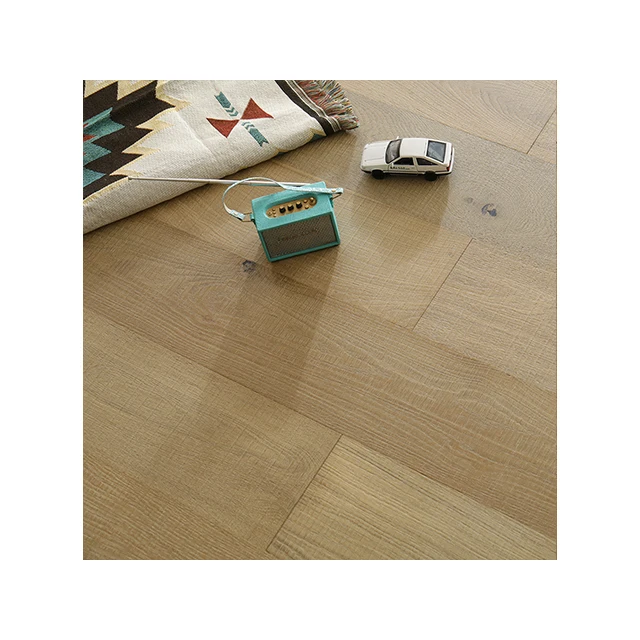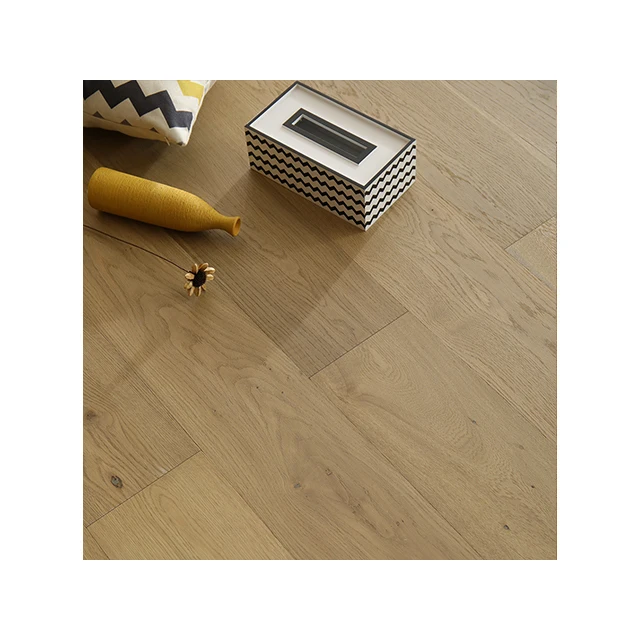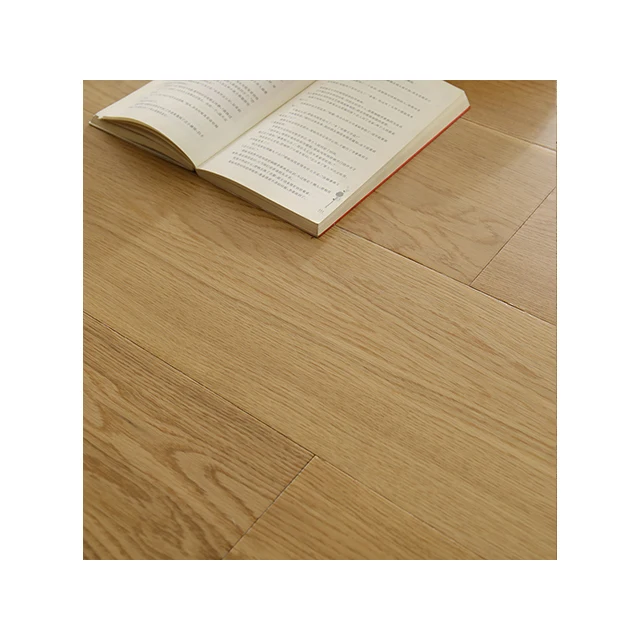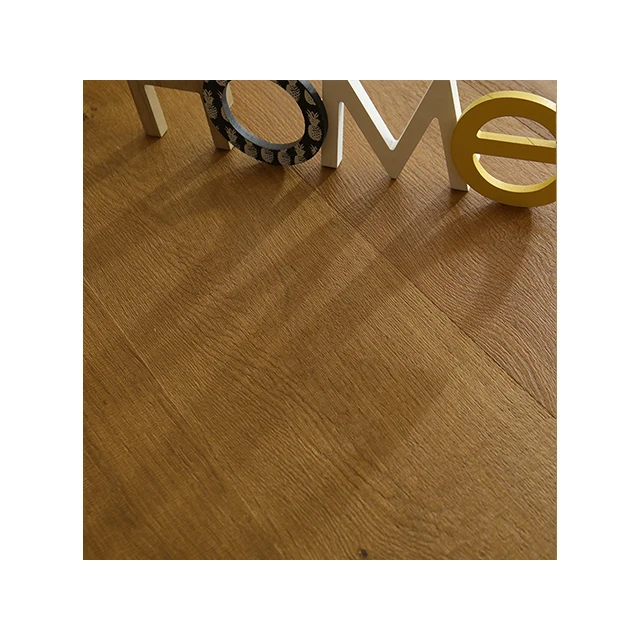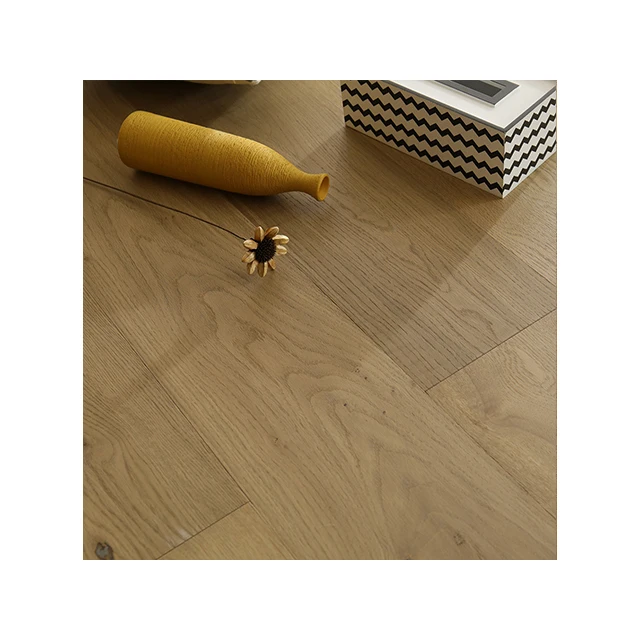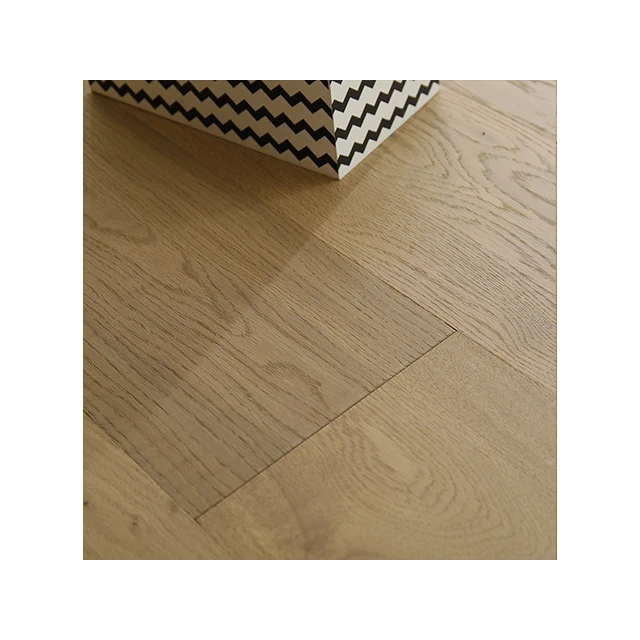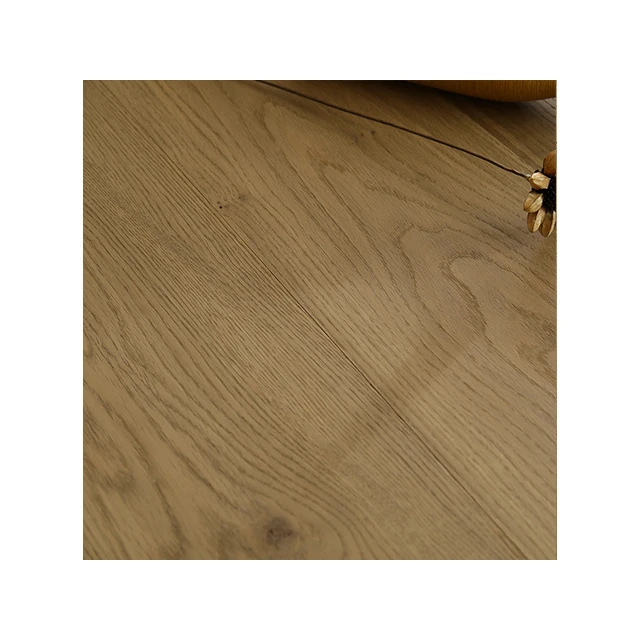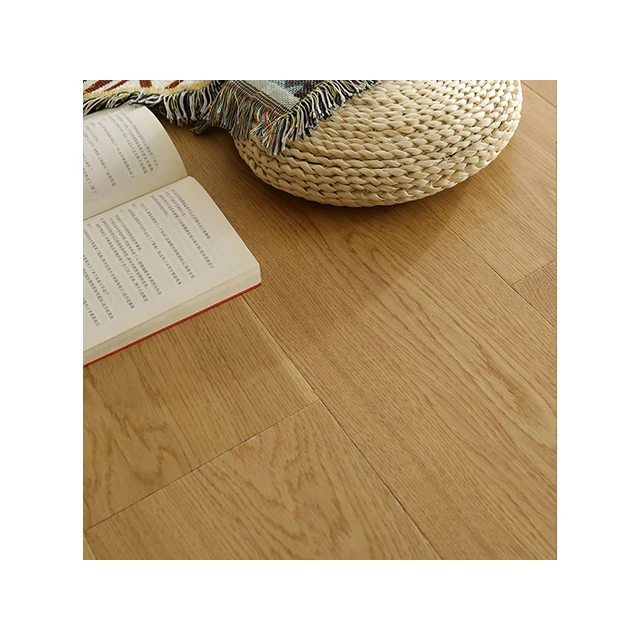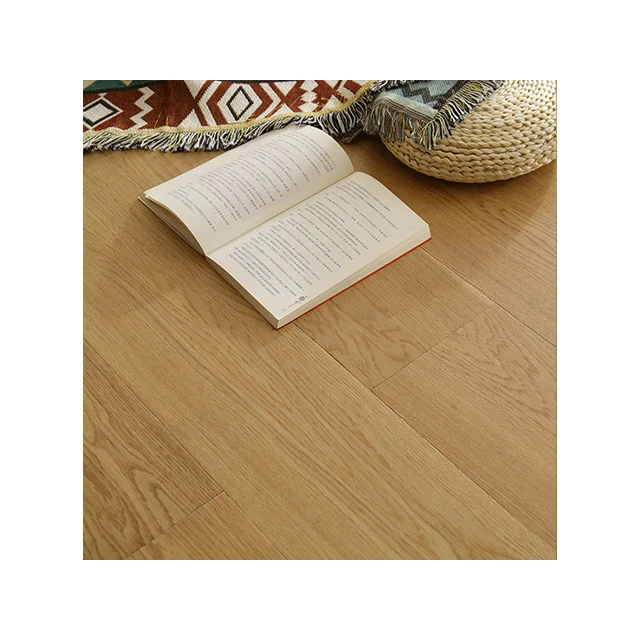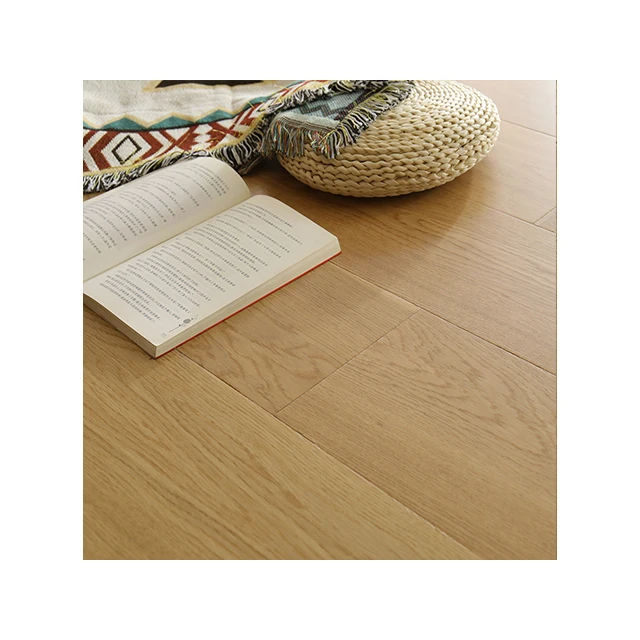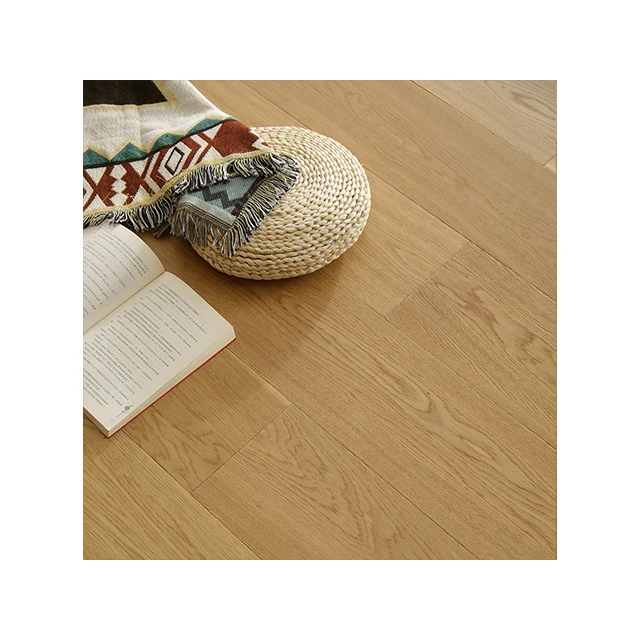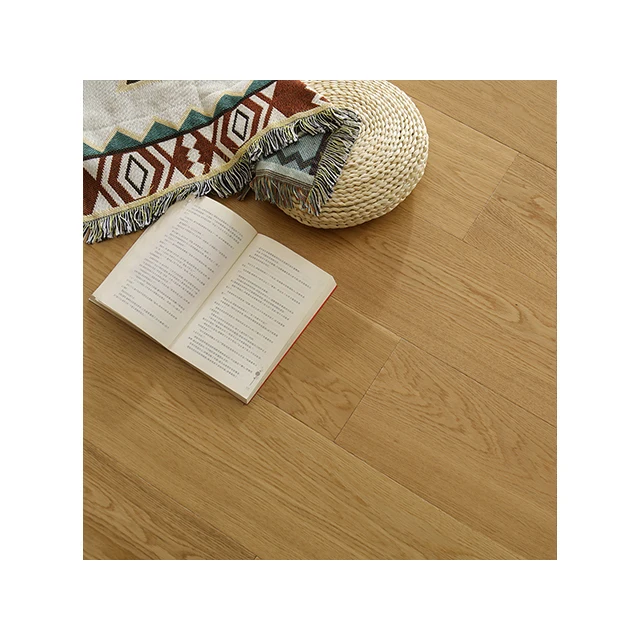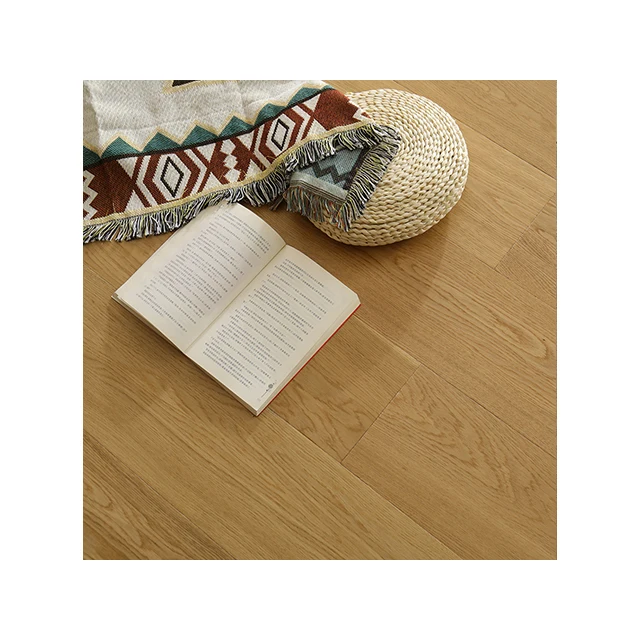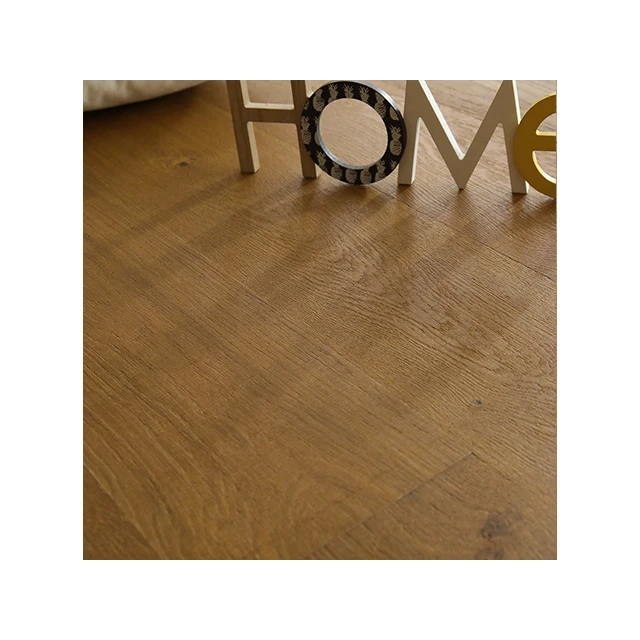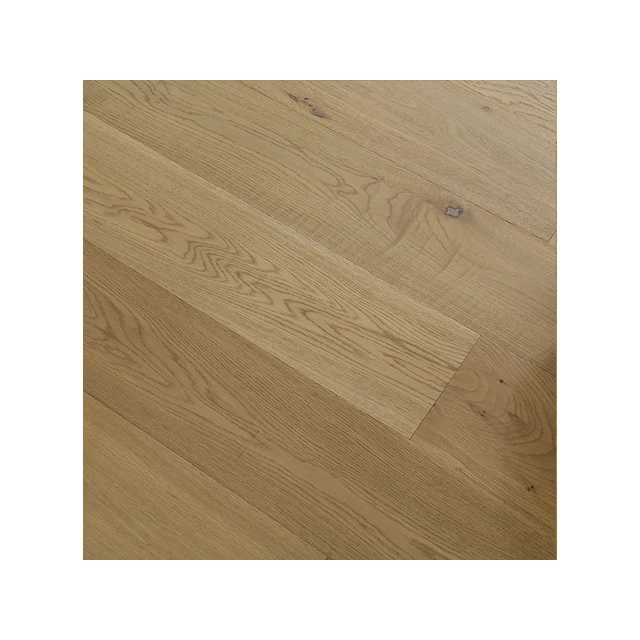Protective Flooring: The Ultimate Guide for Sports & Entertainment Spaces
Whether you're setting up a gym, playground, or dance studio, protective flooring is essential for safety and performance. This guide covers everything from types and features to how to choose the best option for your needs.
How to Find Reliable Protective Flooring from China in 2025
China remains a top supplier of high-quality protective flooring. Look for manufacturers with certifications like ISO 9001 and SGS. Platforms like Alibaba.com list verified suppliers with customer reviews. Always request samples to test durability and slip resistance.
What Buyers Should Know Before Buying Protective Flooring from China
Shipping costs and lead times can vary. Negotiate bulk discounts and confirm warranty terms. Some suppliers offer OEM services for custom designs. Check if they provide installation guides or support.
Types of Protective Flooring
1. Rubber Flooring: Ideal for gyms, absorbs impact and reduces noise.
2. Foam Tiles: Lightweight, perfect for kids' play areas.
3. Vinyl Flooring: Waterproof, great for dance studios.
4. Interlocking Tiles: Easy to install and replace.
Functions and Features of Protective Flooring
Key features include shock absorption, slip resistance, and ease of cleaning. High-density options offer better durability. Some products are UV-resistant for outdoor use.
Scenarios of Protective Flooring
Used in gyms, playgrounds, martial arts studios, and even home workout spaces. Hospitals and schools also use them for safety.
How to Choose Protective Flooring
Consider thickness (8mm-20mm), material, and intended use. For heavy weights, opt for thicker rubber. For kids, softer foam is better.
Protective Flooring Q & A
Q: How thick should gym flooring be?
A: 12mm-20mm for weight areas, 8mm-12mm for cardio.
Q: Can I use indoor flooring outdoors?
A: Only if it's UV-resistant.
Q: How to clean rubber flooring?
A: Mild soap and water, avoid harsh chemicals.
Q: Are interlocking tiles durable?
A: Yes, high-density options last years.
Q: What's the best flooring for home gyms?
A: 8mm-12mm rubber tiles balance cost and protection.



